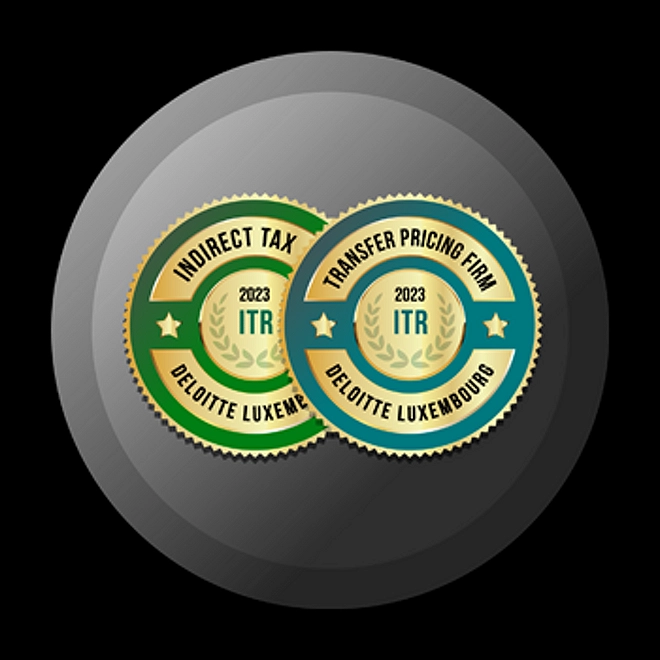FAIA – Standard Audit File for Tax (SAF-T)
Digitalization is everywhere and nowadays, well integrated into our day-to-day business lives.
Businesses operating in multiple jurisdictions are aware that compliance with tax authorities’ evolving digital requirements is not an option. Tax authorities are increasingly moving away from the traditional audit techniques of manual data processing, towards new and sophisticated e-audits. These include the semi-automated or automated submission and review of data, together with the introduction of real-time reporting, mandatory e-invoicing, or other offerings.
The Luxembourg VAT authorities are applying the OECD-recommended Standard Audit File for Tax (SAF-T). The SAF-T (also referred to as the Fichier Audit Informatisé AED or FAIA) is a standard file designed to export data from the taxpayers’ accounting or enterprise resource planning (ERP) system upon request by the VAT authorities. In addition to static data, the file can include details of transactions from the general ledger, purchase and sales ledgers, fixed assets, and inventory.
We have noticed that the VAT authorities do intensify their requests, so it has become critical for businesses to review their current accounting and IT systems to ensure that:
- A compliant FAIA file can be provided to the VAT authorities upon request and without delays
- The responsible parties (finance, accounting, tax, and IT units) have full knowledge, control, and confidence about the data transmitted to the Luxembourg VAT authorities via a FAIA file.
Deloitte’s professionals understand both the local and international requirements issued by the VAT authorities. Our mixed project teams composed of tax and IT subject matter experts can bridge the gap between your finance, tax, and IT teams in order to identify an appropriate solution and to assist businesses with FAIA compliance.
Recommendations
Opens in new window

